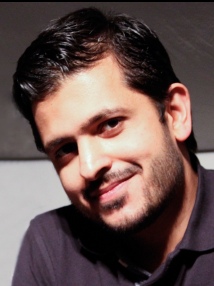BibTex format
@article{Goss:2022:10.2147/AMEP.S342789,
author = {Goss, C and Culley, FJ and Parthasarathy, P and MacLeod, K and McGregor, AH and Sam, AH},
doi = {10.2147/AMEP.S342789},
journal = {Advances in Medical Education and Practice},
pages = {123--127},
title = {A paragigm shift in assessment of scientific skills in undergraduate medical education},
url = {http://dx.doi.org/10.2147/AMEP.S342789},
volume = {13},
year = {2022}
}

